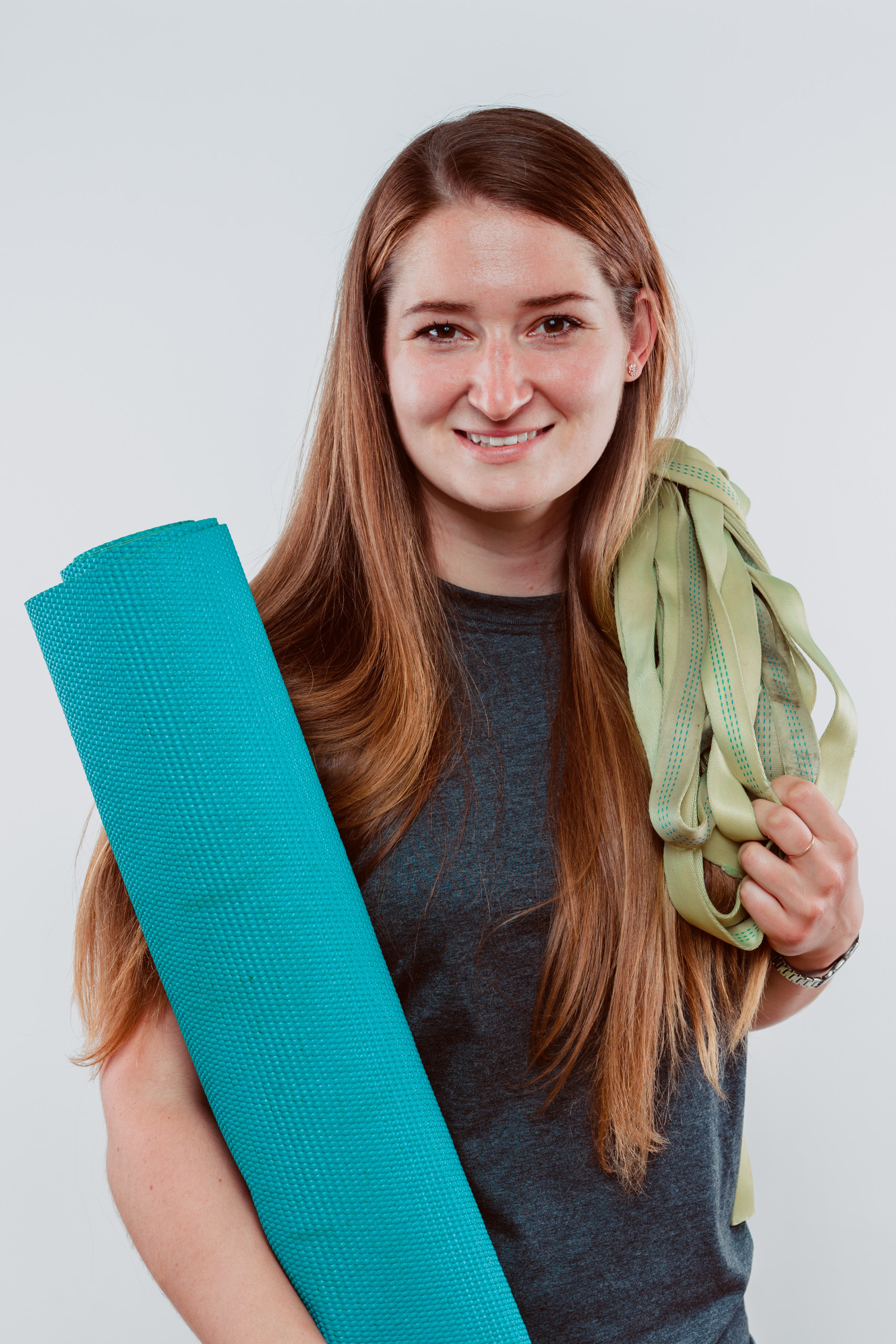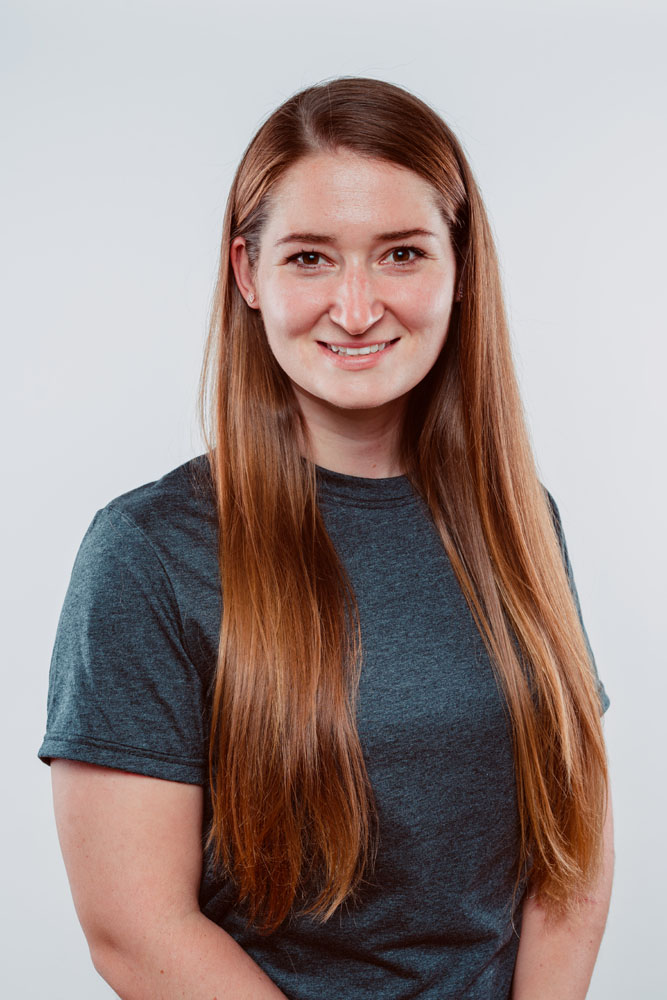Physiotherapy Dry Needle Puncture
Physiotherapy dry needle puncture is a technique used in addition to other modalities in a treatment plan to alleviate symptoms related to local inflammation for a wide range of musculoskeletal problems.


Physiotherapy dry needle puncture is a technique used in addition to other modalities in a treatment plan to alleviate symptoms related to local inflammation for a wide range of musculoskeletal problems.
Dry needling is used to accelerate the healing process and is intended to alleviate inflammation of an injured tendon, ligament or muscle. The goal is to deactivate muscle tension points, or “trigger points”, to regulate the inflammatory process and to reprogram the nervous system for a longer lasting healing.
This treatment approach can be used by physiotherapists who have completed a course of over 100 hours and obtained a certification from the Ordre Professionnel de la Physiothérapie du Québec (OPPQ).
What happens during a session?
The physiotherapist will first perform a complete initial assessment to determine if this technique is appropriate for your treatment plan to maximize your healing potential. With your consent, the physiotherapist will then disinfect the area and insert needle(s) (sterile and single use) ranging from 25 mm to 100 mm in length into the muscle, tendon or ligament. The number of needles inserted, and the depth will vary depending on the treatment plan and your response to treatment.

Are the treatments painful?
The puncture at the muscle level reproduces a sensation of heaviness either locally or distally. Muscle twitching may also be noticed. Puncture of a tendon or ligament produces a sensation of pain (ranging from mild to moderate) that is more local. Clients report varied sensations locally and distal to the puncture site such as: pressure, numbness, heaviness, a stinging sensation or even cold. These sensations are completely normal and can last up to 48 hours after treatment. Applying heat can help minimize the effect of post-treatment soreness.Who is this service for?
The physiotherapist can suggest this approach to clients with various musculoskeletal conditions such as chronic tension, recurrent pain or injuries, when a therapeutic plateau is reached with conventional therapy and for many other musculoskeletal problems. This technique is contraindicated for children under the age of 14, pregnant women, clients with hemophilia, fever or clients with prosthesis (six weeks to three months).What is the difference with acupuncture?
Dry needling is an emerging technique in Quebec that has been offered since 2008, after having been developed in collaboration with the Order of Quebec acupuncturists. Acupuncture is based on ancient concepts of Chinese medicine and relies on the establishment of an energy balance. Unlike acupuncture, dry needling is not performed on acupuncture points, but rather directly on the injury site, which makes it a more local approach.
Interesting facts
The needles are defined as “dry” because they do not allow for any kind of fluid injection.
After treatment, the analgesic effect created can bring almost instant pain relief. However, the most common response immediately after the technique is a feeling of soreness. This sensation is completely normal and can last up to 48 hours after the treatment, then diminish and give way to relief of the initial pain.
Our physiotherapists
-
 Célia SutterPhysiotherapist
Célia SutterPhysiotherapist

Célia Sutter
Célia always ensure to keep her Sports First Responder training up to date to be able to work on the field but also completed her levels 1 and 2 in manual therapy with the Association québécoise de physiothérapie manuelle orthopédique (AQPMO). Since October 2019, Célia has developed a new interest in the dry needling approach (PPAS - Puncture Physiothérapique avec Aiguilles Sèches). This technique brings her new challenges at the clinic and a wonderful new tool to help her patients.
In March 2021 Célia participated in the COVID-19 vaccination campaign. She is giving 1-2 days a week to help move things along so that we can all find a ‘back to normal’ lifestyle as fast as possible. She looks forward to the time when we can start traveling again!
To enjoy life to the fullest and help to unwind in her freetime, Célia enjoys all kinds of outdoor activities such as soccer, yoga, slacklining, running, biking, kayaking, downhill skiing, cross-country skiing, skating, camping and hiking! Most recently, Célia has also found a passion in her new garden. Time will tell if this will bring fruit!

